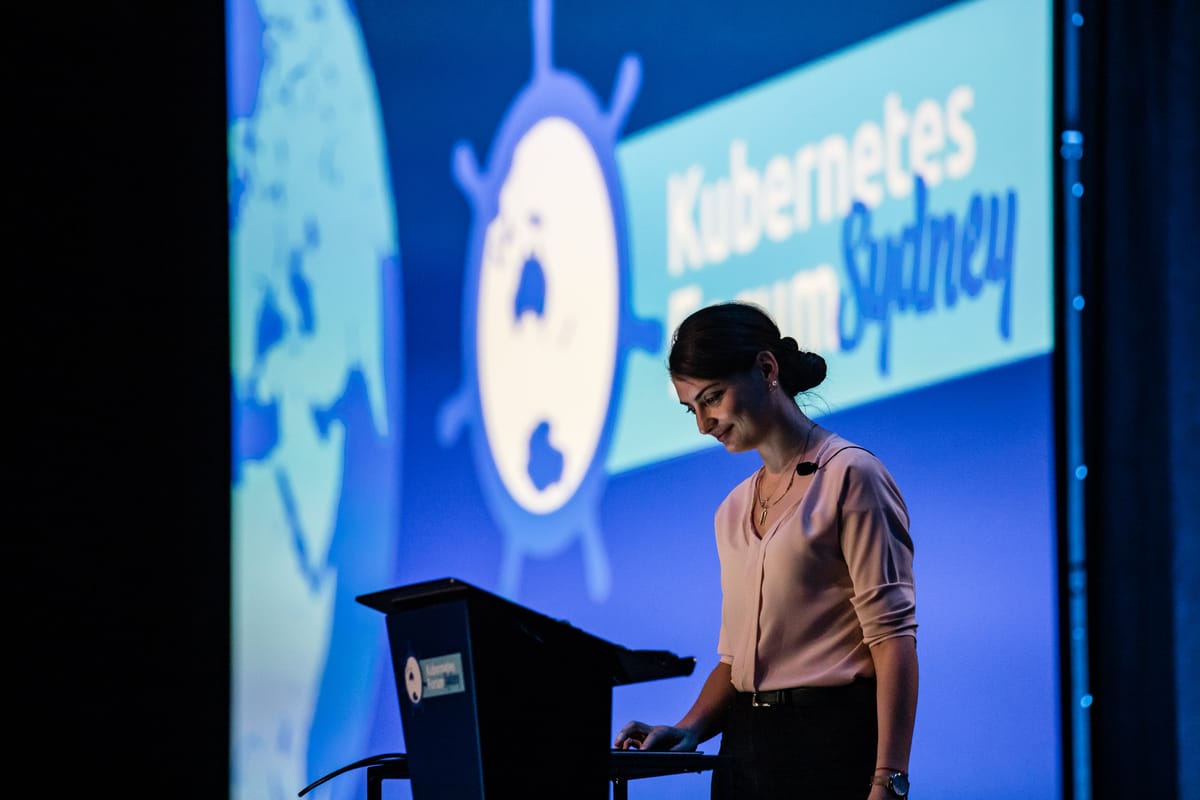Toxicity in Open Source
There is a very small but noisy contingent in open source that is far from open, responds with vitriolic hate to other viewpoints, engages in the worst forms of gatekeeping, and are generally very toxic people.

There is a very small but noisy contingent in open source that is far from open, responds with vitriolic hate to other viewpoints, engages in the worst forms of gatekeeping, and are generally very toxic people.
I refuse to allow this tiny minority to define our community. They drive away newcomers and make the rest of the us look bad. This is not unique to open source as these people and toxic pockets exist in every community. But I can do a little something about it in open source.
I spent some time in an IRC channel recently. This IRC channel is associated with a blog that references me in conspiracy theories about Linux and Microsoft. I went there to dispel rumors and answer questions. I firmly believe in engaging with people with differing views to bridge divisions and build understanding. The goal is not to convert the hardliners, you never will, but to inform bystanders and fence-sitters about the nuances of the topics at hand.
I was polite and forthcoming in my interactions on this IRC channel for a few hours each day over two days. In exchange I was called an asshole, shill, liar, ‘microsloth mouthpiece’, and other things. I was mocked for my IRC client. They assumed bad faith behind everything I said or referenced. They attempted to twist my words and ‘catch’ me. At one point I was accused of using a pseudonym even though my real name is listed in IRC. The gang ‘leader’ of this community called me ‘schizo’ (I am not even sure what that is about) and mocked me for my passion for UNIX history. I maintained my composure and even extended additional invitations to this community to WSLConf. (The blog and IRC logs can all be found on Google but I will not be linking to them here.)
One irony is that community members on this channel frequently lament ‘SJWs’ and ‘crybullies’ yet seem to respond with the same knee-jerk types of behaviors associated with that stereotype. They also bemoan Codes of Conduct but seem to exhibit the exact behaviors CoCs are designed to address. Many of the people in this community just seem angry and miserable. Technology for me is fun, creative, and productive, not something to be mad about all the time. I know for many people reading this that technology is part of their job but I really do hope it is still fun for you too.
In one discussion on the IRC channel I asked what Microsoft was doing to ‘extend’ Linux via WSL since the channel members were so adamant this was happening. None of them ever having used WSL, mind you. The leader replied ‘lots’. When I asked for an example no one ever responded.
In actuality Microsoft is incredibly hands-off of distros on WSL. WSL distro publishers have complete control over their images and features. Images are signed, uploaded to the Microsoft Store, and published directly to users within minutes. There is no practical way for Microsoft to interfere. Microsoft has never asked us to include or exclude anything in our images, during my time at Pengwin or at Ubuntu. On the other hand, Microsoft has always been willing to accommodate changes we needed to make to make our images work well, including backporting those to previous versions of Windows 10, not a small feat.
I later found that the leader of this community has previously attempted to dox me in another IRC channel. The behavior of this leader, including conspiracy theories, doxxing, and name-calling has clearly been normalized in his community. This is an example of how leadership can set the tone for communities.
Therefore, from the very small leadership position I have, I resolve:
· I will treat everyone in the community with respect, kindness, and dignity.
· I will take affirmative steps to make space for perspectives that differ from my own and I will assume good faith by the people that have them.
· I will not discriminate against people based on age, gender, ethnicity, nationality, religion, disability, language, employer, or political views.
· I will actively promote individuals from historically under-represented groups in open source and Linux.
Using one particular operating system, programming editor, or framework over another does not make you a better person. Working to make yourself a better person makes you a better person. Lets do that in 2020.
The photo is of Katie Gamanji, Cloud Platform Engineer with Conde Nast. Watch her talk on Kubernetes scalability at Kubernetes Forum Sydney 2019. Follow her on Twitter or her blog.
Photo by Mark Bond for the Cloud Native Computing Foundation and used under a Creative Commons license.